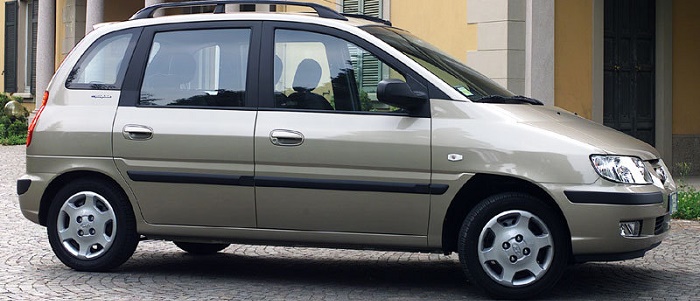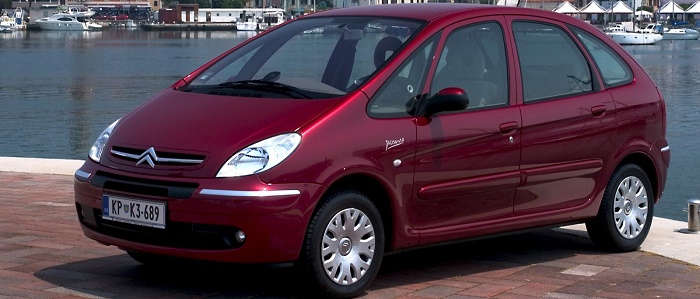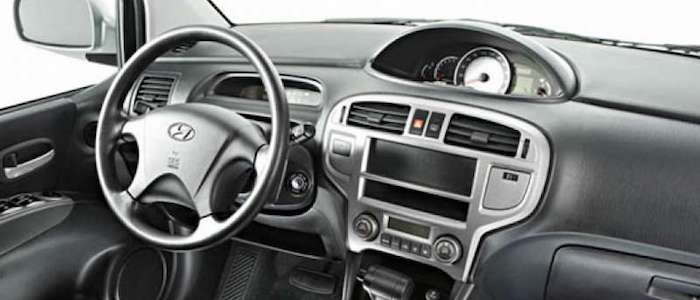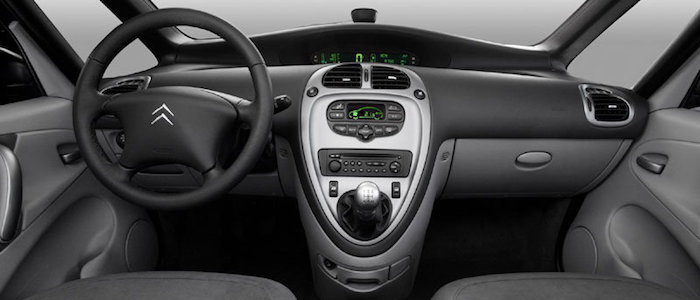Compare two cars
Compare any two cars and get our Virtual Adviser™ opinion
Marketing
Dimensons & Outlines
Engine
1.8 EW7 J4
Performance (manual gearbox)
Performance (automatic gearbox)
Expenses
Virtual Adviser's™ opinion
Well, these are two pretty similar cars we have here! It's only details that could potentially make the difference. Considering they both belong to the mpv segment and utilize the same 5-door MPV body style and the front wheel drive system, it all comes up to the specific petrol engine choice they offer. The first one has a Hyundai-engineered powertrain under the hood, a 4-cylinder, 16-valves 125hp unit, while the other one gets its power and torque from a 4-cylinder, 16-valves 117hp engine designed by Peugeot.
SafetyThe fact that the Citroen got tested by the European New Car Assessment Programme (Euro NCAP), while the other contender didn't, offers a slight advantage, as the 4-star rating is better than none. Moving further on, let's take a closer look at some additional safety-related facts. Both vehicles belong to the mpv segment, which is generally a good thing safety-wise, still it doesn't help us solve our dilemma, does it? Furthermore, taking kerb weight as an important factor into account, the Korean car offers a marginal difference of 3% more metal.
ReliabilityManufacturers have been building their reliability reputation for decades now and, generally speaking, it appears that Hyundai does have a slight advantage, at least on all of the models level. That's the official data, while our visitors describe reliability of Hyundai with an average rating of 4.5, and models under the Citroen badge with 4.1 out of 5. The same official information place Matrix as average reliability-wise, and Xsara Picasso is more or less at the same level.We should definitely mention that owners of cars with the same powertrain as the Korean car rank it on average as 3.0, while the one under the competitor's bonnet gets 4.0 out of 5.
Performance & Fuel economyHyundai is a bit more agile, reaching 100km/h in 0.9 seconds less than its competitor. Still, it lacks the power to win the top speed competition, topping at 184 kilometers per hour, 6km/h less than the other car. When it comes to fuel economy the winner has to be the French car, averaging around 7.7 liters of fuel per 100 kilometers (37 mpg), in combined cycle. We can't ignore that 10% difference compared to the Korean car.
Verdict
Citroen appears just a bit more reliable, although the difference is truly marginal. The most important thing when deciding between any two vehicles should always be safety, both passive and active. In my opinion, everything taken into account, the French car offers much better overall protection, which launches it ahead of the other contender. From there things take a different direction, with Hyundai offering somewhat better performance, just enough to call it quicker. It does come at a cost though, and that's the fuel consumption... All together, there's not much more to say, in this case I wouldn't even consider anything but Citroen. Anyway, that's the most objective conclusion I could've came up with and it's based solely on the information found on this website. Aspects such as design, practicality, brand value and driving experience are there for you to measure them out. Also, you could use the oportunity to find out which car, everything taken into account, would be the perfect choice for you in the eyes of the virtual adviser™, among thousands of similar, yet so different vehicles.
































